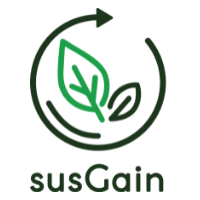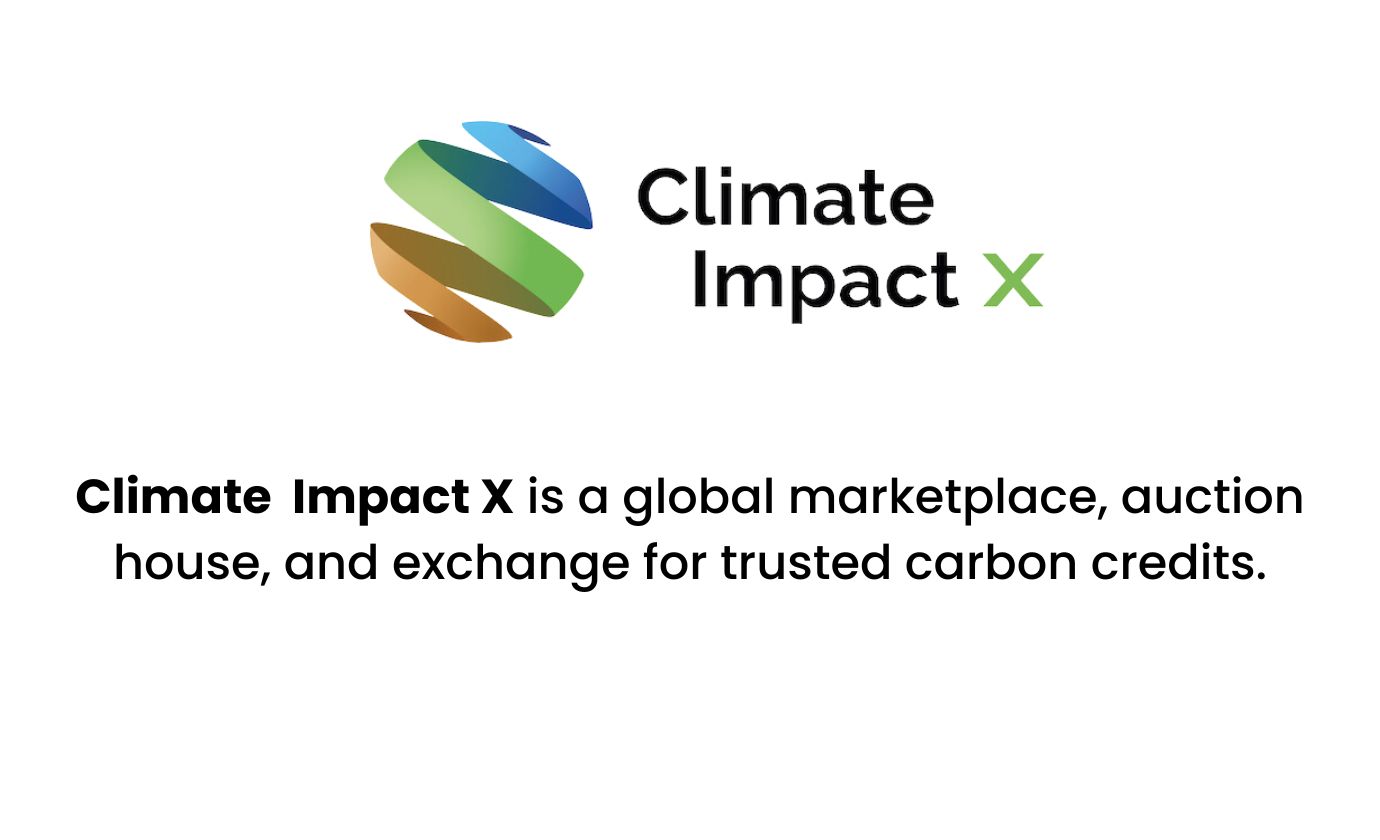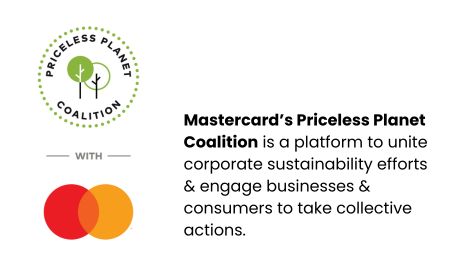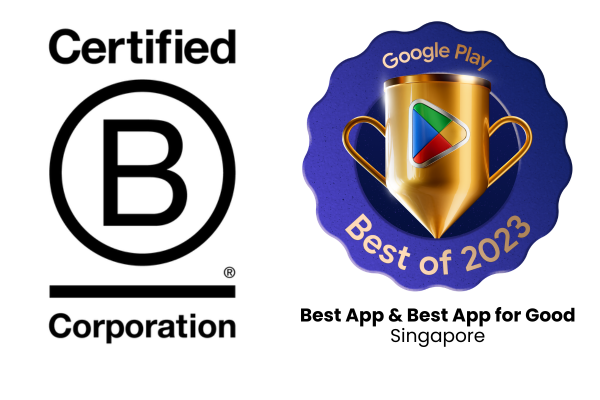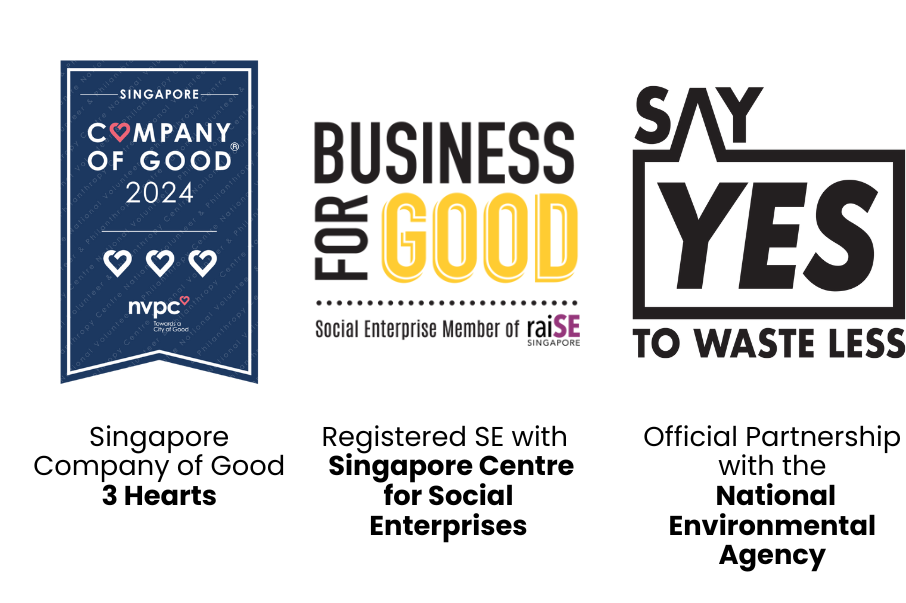Our Collective Impact
Impact created by susGain users through redemption of points earned for practising sustainable habits.
Our Collective Impact
Impact created by susGain users through redemption of points earned for practising sustainable habits.
2433.4
53797
25089
2433.4
53797
25089
Impact Partners
Impact Partners
All Clear’s mission is to rid the ocean of plastic and prevent further leakage of waste into our environment. With the help of specialized vessels and technology garnered from over 20 years of ocean clean-ups around Singapore waters, they are able to clear large amounts of marine debris a day.
Why do we need to clean up our oceans?
It is estimated that every minute, one full garbage truck of plastic trash is dumped into the sea. That is 1,440 trucks every day and 8 billon kilos per year. With that, ocean pollution is posing an immediate threat to marine life.
Where is All Clear’s marine debris collected from?
Currently, marine debris are collected daily from Singapore coastal waters which spread across 120km of coastline and around 200km² of sea space.
What are the commonly found marine debris?
Marine debris is typically a mix of natural and man-made debris.
Natural debris consists of tree trunk, branches, leaves, twigs, seaweed, animal carcasses, barnacles, etc.
Man-made debris consists of common household consumable items (plastic bottles, plastic cups, takeaway containers, plastic straws, food wrappers, shampoo bottles, containers, etc…) and used industrial items (pontoons, plastic drums, ropes, shipwrecks, cargos, structures, etc…)
What is the root of the ocean pollution problem?
All Clear believes that action is needed at the root of the ocean pollution problem – such as the lack of proper waste management infrastructure. This is why they have set out to empower these rural, inland communities with the tools they need to change how they perceive and discard their waste. By providing them with the capability to turn their plastic waste into something useable again, they are able to help facilitate a circular economy and give plastic waste a second life.
Eden: People + Planet (formerly Eden Reforestation Projects) is a global nonprofit comitted to creating a sustainable future for people and the planet. They are partnering with local communities, stakeholders and regional authorities to restore entire ecosystems, mitigate the effects of climate change, and strengthen community resilience.
Why landscape restoration?
Landscape Restoration is a standards-based approach that generates environmental, socioeconomic, and biodiversity benefits in critical landscapes around the world. It is a more holistic and longer-term method of restoration and conservation rather than just tree planting, and is delivering more comprehensive benefits to communities and the ecosystem services we all depend on.
Where are the trees planted?
Eden: People + Planet restores woodlands, mangrove and coastal inland forests in several sites in Africa and The Americas. susGain is supporting Eden’s General Planting Fund in Madagascar, with focus on mangrove restoration along the coastline.
More details about the restoration efforts in Madagascar here.
Why restore in Madagascar?
Madagascar is one of the world’s top biodiversity conservation priorities because of its endemic species and severe habitat loss rates. Restoration in Madagascar is important because the destruction of the mangrove estuaries along the coastline has caused mudflats to wash into the ocean, destroying once-productive fisheries and increasing the vulnerability of coastal communities to hurricanes, tsunamis, and floods. In the inland region of Madagascar, deforestation threatens one of the world’s rarest and most diverse forest systems.
How Eden monitors, evaluates and verifies its work?
Eden uses evidence-based approaches to their restoration work and is deeply committed to adaptive management. This includes incorporating the most recent scientific findings, changing methods as they develop, and impact management planning. It also means tailoring Eden’s monitoring approaches to the context of each project to ensure that they are robust, defensible, and repeatable.
Depending on the context, Eden monitors project interventions through pre-, during, and post-intervention activities. These monitoring activities include but are not limited to:
- Conducting robust baseline inventories for biomass and carbon and regularly re-measuring for performance against these baselines.
- Implementing routine socioeconomic assessments in project areas, assessing changes against these baselines, and highlighting where attribution to project activities can be made.
- Routinely reviewing landcover change analyses using remote sensing products and tools and assessing project performance remotely against empirical findings from field-level sampling.
- Routine spot-checks for consistency and survival estimates.
- Reporting and certification against external standards.
Each project is developed, managed, and evaluated according to best practices and globally recognized standards. This means Eden’s landscape restoration projects align with national policies, commitments, and priorities. This also means that projects can be developed to meet and exceed emerging carbon standards, and other biodiversity standards as they develop.
The Akshaya Patra Foundation is a charitable trust headquartered in Bangalore, India. The organisation runs a Mid-Day Meal Programme providing school lunches to over 2 million children in over 20,000 government and government-aided schools across 14 states in India.
How does the Mid Day Meal programme operate?
The State Governments of India partner with NGOs like The Akshaya Patra Foundation to implement the Mid-Day Meal Programme in order to increase the number of children they reach out to.
Akshaya Patra runs its operations through two kitchen models: Centralised and Decentralised.
Centralised kitchens are large factory-like kitchen units that have the capacity to typically cook up to 100,000 meals a day. These kitchens serve a set of schools located around the units. These units are semi-automated thus ensuring hygiene during the cooking process.
Locations where factors like unfavourable geographical terrain and improper road connectivity don’t support the construction of large infrastructure, decentralised kitchen are set up. Decentralised kitchen units are run by women Self-Help Groups (SHGs) under the guidance and supervision of Akshaya Patra’s kitchen process and operations module.
What types of meals are provided to school children?
At Akshaya Patra, the menu is designed and implemented after taking into consideration various factors, including regional palate, taste, and flavours. Menu diversity is achieved by using a wide variety of seasonal vegetables and locally available ingredients. Their menu planning incorporates a range of flavours with a variety of spices, condiments, vegetables, and staple groups.
What are some of the benefits of providing children with school meals?
- Improving the nutritional status of children facing food insecurity.
- Encouraging disadvantaged children to attend school more regularly and help them concentrate on classroom activities.
- Providing nutritional support to children in case of climate emergencies such as floods or droughts.
Why is malnutrition a rising theat across India?
One of the primary causes of hunger across India is widespread poverty. More than 20% of India’s population lives on less than $1.25 per day. This lack of money makes it so that many cannot get enough of the nutritious food they need. Another cause is a lack of access to food.
In recent year, with the economic conditions worsening due to the pandemic and global food supplies disrupted, malnutrition in children has been rising sharply across India.
More about our Impact Partners on our Blog
Additional Impact Options for our Corporate Clients
Contact us to find out more.
Get in touch with us!
Let us know how we can help.
contact@susgain.com
